5 Tips to Afford Your First Apartment
Buying your first apartment is a major milestone in life. It's easy to browse favorite real estate websites and dream about it. But saving the required amount for an offer is not that simple. Before diving into property hunting, familiarize yourself with these five tips to help you afford your first apartment. Once you've progressed through these five points, you'll be ready to purchase your first home.
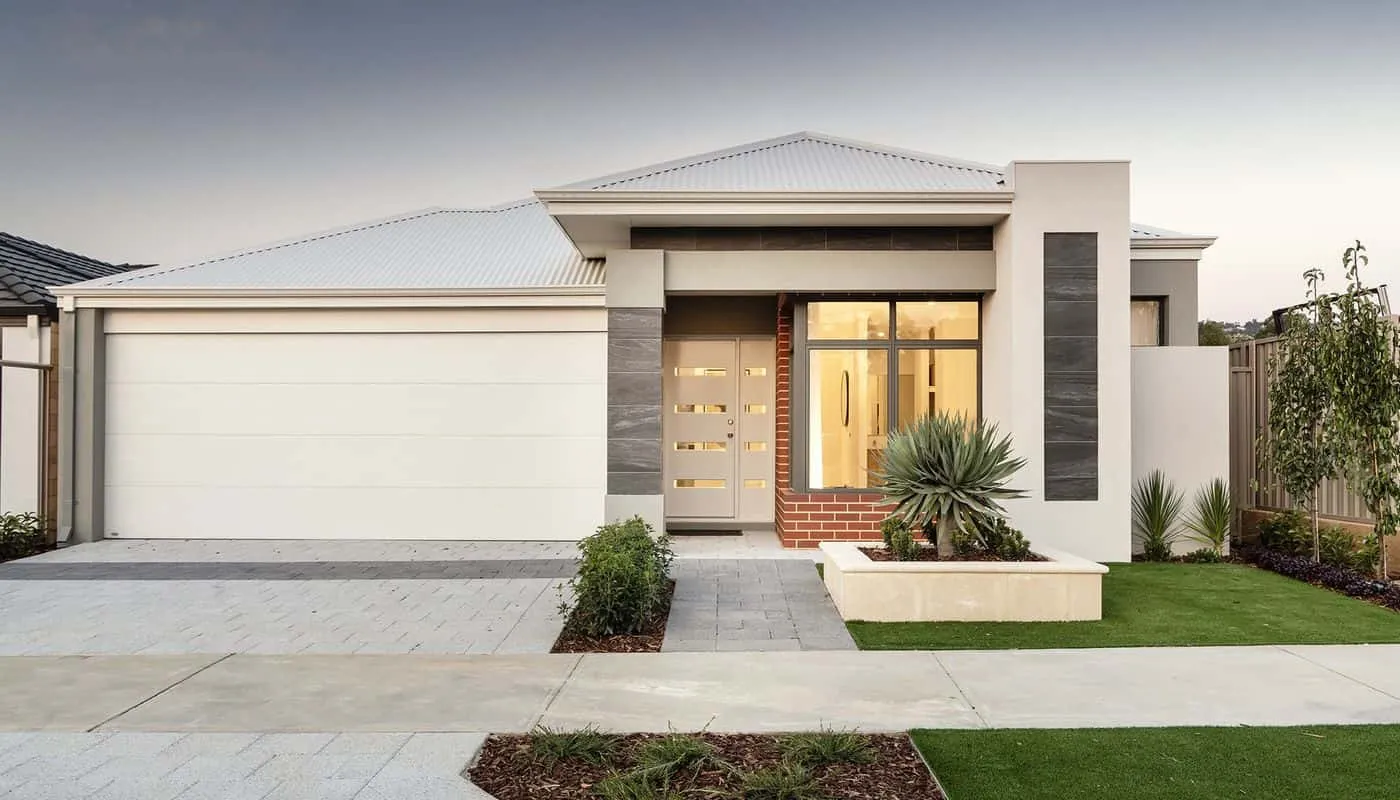
1. Start Saving for the Down Payment
To buy your first apartment, you'll need a down payment. The type of loan will determine how much you should save. This can range from 3% to 20% of the purchase price. Start saving money each month for this expense.
While you're setting aside money for the down payment, plan for at least 3%–5% of closing costs and moving expenses. You might be able to negotiate including closing fees in the purchase price, but don't rely on it. If you don’t need these funds, use them for decorating or rebuilding your savings.
Depending on how fast you save, reaching the target amount could take months or even years. Everyone has their own path to saving, so focus on yours. Avoid comparing yourself with others and remember that your journey toward homeownership is unique.
2. Make Sure Your Credit Score Is in Order
Most people can't buy their first apartment right away. If you're like most, you'll need to get a mortgage to make your dream a reality. For that, you must have excellent credit to secure favorable terms.
Your credit score is determined by five factors: credit mix, payment history, debt amount, loan duration, and recent credit. Usually, you should aim for a score of 620 or higher to get the best mortgage rates. If your score is below that, work on improving it while saving for your down payment.
You can fix bad habits that affect your score. If you've been denied credit before, consider getting a credit card to build your credit history. This helps boost your score. These cards help form good payment habits that show up in credit bureaus. Within a few months, you may notice an improvement in your score thanks to positive actions.
3. Calculate What You Can Comfortably Afford
If you're paying rent and utilities, you already have a general idea of how much you can spend monthly. However, owning property differs from rent payments. Your mortgage payment might be combined with an escrow account. This is used to pay for insurance and property taxes through your lender. Using an escrow account can simplify budgeting, but planning doesn't end there.
You may be eager to finish your rental life, but be cautious not to overextend your budget. The amount approved for a mortgage might exceed what's reasonable in your long-term financial plan.
Experts usually recommend that homebuyers spend no more than 28% of their gross income on mortgage, taxes, and insurance. Make sure you've calculated all these expenses before choosing a target price for your new home.
4. Budget for Renovations and Maintenance
It's easy to get inspired by the design of a new apartment that matches your taste. Before knocking down walls, calculate long-term expenses for your future property.
If you're buying a new build, you won't need to plan for replacing mechanical components within ten years. However, if you're buying a renovated home, you'll need to plan ahead for improvements.
Determine your needs and wants for the new home. Create a list of all expenses, time required, and potential returns. Once you've clarified and prioritized your goals, allocate a monthly amount for savings and improvement timelines. Saving now will help you avoid surprises and the temptation to charge renovations to a credit card.
5. Analyze Your Lifestyle and How It Aligns with Homeownership
Do you have a budget for restaurants? Or do you spend weekends exploring new cities? If you're becoming a homeowner, you might be surprised by how much time it takes. Owning property brings joy but requires significant time and money to maintain. Think about how much time and money you're willing to invest in your home for its benefits.
Mowing the lawn and cleaning larger spaces will take time, money or both. Maintaining exterior parts and systems like heating, ventilation, and air conditioning (HVAC) requires substantial funds. General cleaning and organization also take time, especially if neglected. You'll need to find time for everything. Ensure you're ready for this lifestyle change.
While adapting your income and time to your home isn't always bad, owning a house often gives you more control over space and even greater privacy than before. Additionally, real estate is typically an appreciating asset that can help grow your financial portfolio.
Celebrate This Important Milestone
Are you ready to celebrate and throw your first party in the new home? Before celebrating, develop a strategy for buying property. Your plan might require some sacrifices today, but always keep your ultimate goal in mind.
Do you hope to gain more independence by buying a home? Or are you happy to make your creative contribution to the house? Perhaps you dream of building a real estate empire starting with your primary residence.
No matter what your goal is, mark this important step for your financial future. With a well-developed home buying strategy, you can take a measurable step towards achieving it. Soon enough, the day will come when you close your first home purchase deal. Your work today makes all those sacrifices and planning worthwhile.
Need a renovation specialist?
Find verified professionals for any repair or construction job. Post your request and get offers from local experts.
You may also like
More articles:
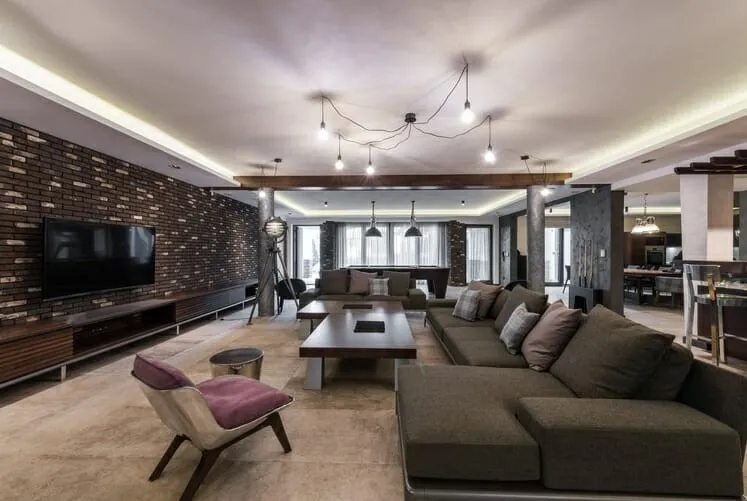 5 Great Living Room Remodeling Ideas You'll Love
5 Great Living Room Remodeling Ideas You'll Love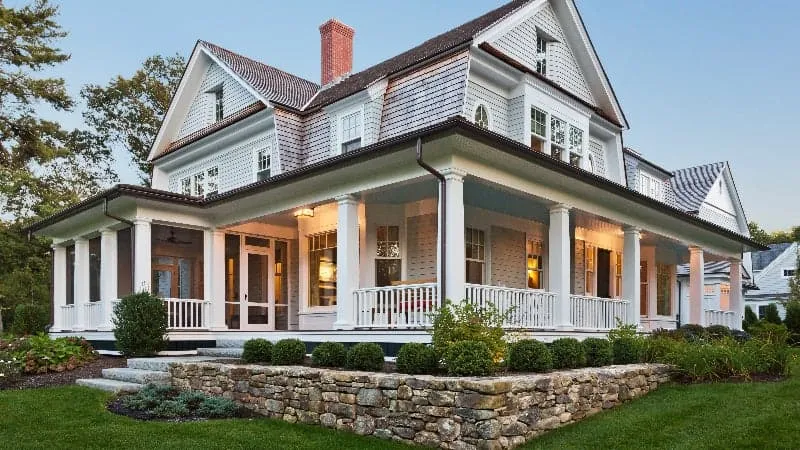 5 Home Improvements That Can Increase Your Property Value
5 Home Improvements That Can Increase Your Property Value 5 Ideas to Make a Dark Room Brighter
5 Ideas to Make a Dark Room Brighter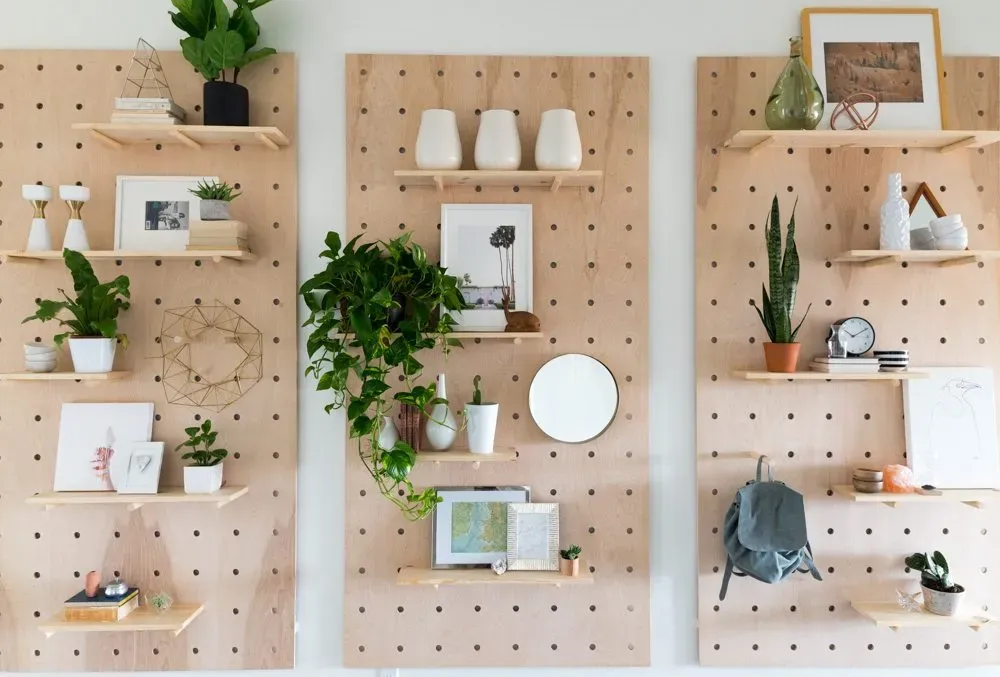 5 Important Points to Consider Before Starting a Large Home Project
5 Important Points to Consider Before Starting a Large Home Project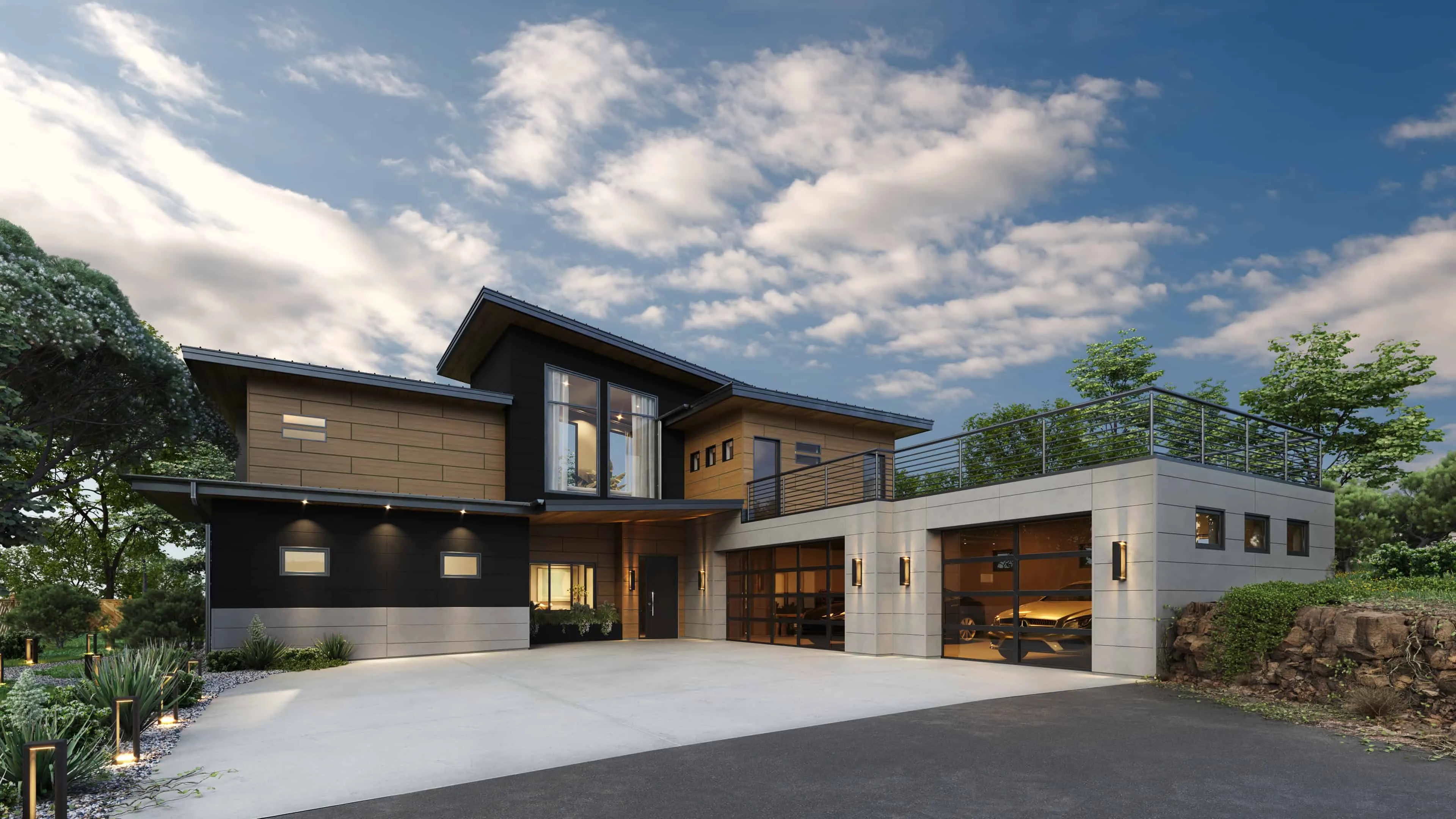 5 Improvements That Can Make Your Property Better
5 Improvements That Can Make Your Property Better 5 Industries That Are Looking to Hire Individuals With Welding Experience
5 Industries That Are Looking to Hire Individuals With Welding Experience 5 Inspiring Places in the Bahamas for Artists
5 Inspiring Places in the Bahamas for Artists 5 Key Elements of Retail Store Interior Design
5 Key Elements of Retail Store Interior Design